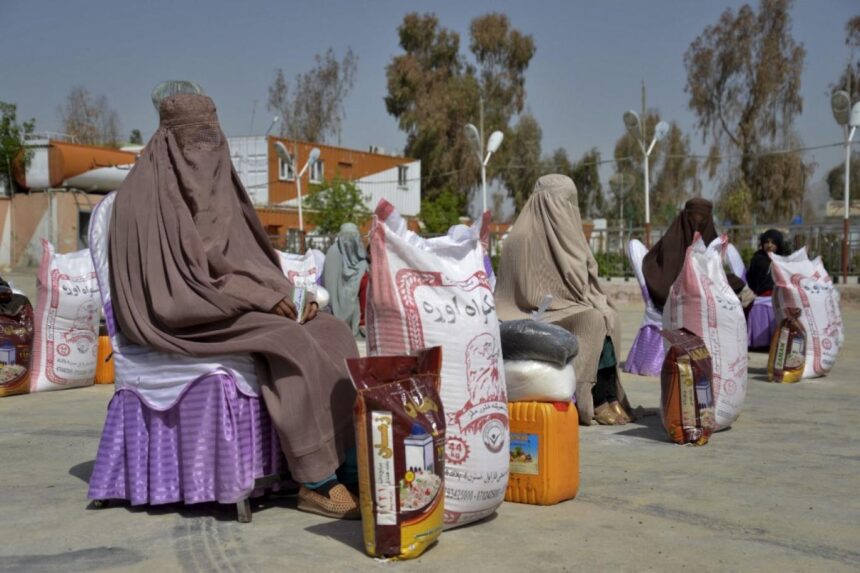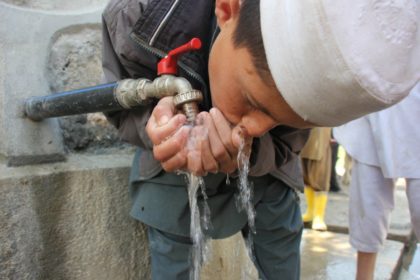RASC News Agency: The International Federation of Red Cross and Red Crescent Societies (IFRC) reports that 23.7 million people in Afghanistan are in urgent need of humanitarian assistance this year. The organization underscores that Afghanistan’s humanitarian crisis is escalating in complexity, with the country facing prolonged and deep-rooted challenges. The IFRC’s report reveals that Afghanistan’s citizens are grappling with severe poverty and soaring unemployment, which have inflicted widespread suffering and despair.
According to the report, recurring natural disasters, the growing impacts of climate change, internal displacement, economic turmoil, food insecurity, and an overwhelmed healthcare system are central contributors to Afghanistan’s humanitarian crisis. The IFRC estimates that over 85% of Afghanistanis now live below the poverty line. The crisis reached critical levels in April and July, when severe rains and floods across 33 provinces directly impacted nearly 295,000 people. The report emphasizes the urgent need for comprehensive support focused on health and sustainable livelihoods, particularly for vulnerable women and children in flood-stricken areas.
Additionally, the Red Cross highlights that the Taliban’s restrictions on women’s employment in aid organizations and other sectors have critically undermined humanitarian operations, worsening the crisis. The United Nations Office for the Coordination of Humanitarian Affairs (OCHA) has also reported that since 2021, the Taliban have issued 71 decrees that hinder humanitarian efforts, particularly restricting women’s participation in Afghanistan.
In its analysis, OCHA warns of a looming collapse of Afghanistan’s healthcare system, raising urgent concerns for the country’s future.






